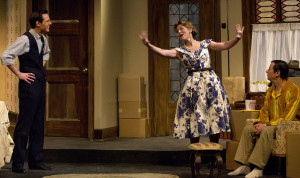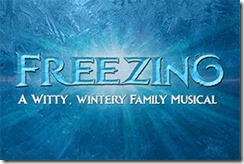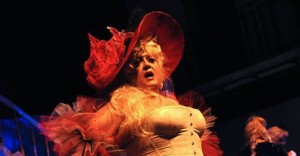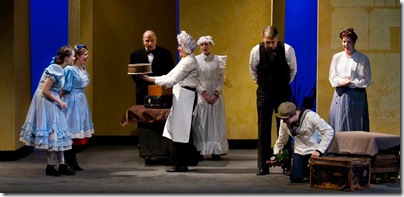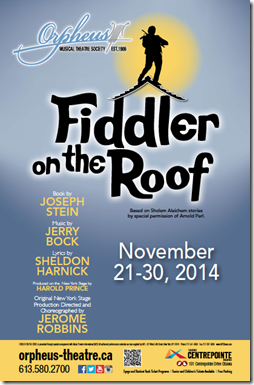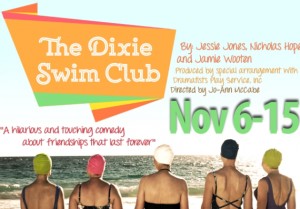Les Misérables: An energetic show with solid performances
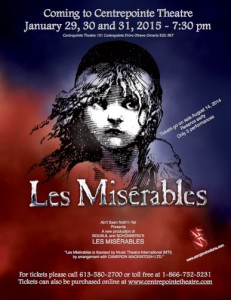
Les Misérables is a massive undertaking that offers both principals and ensemble members the opportunity to demonstrate their special talents — often one at a time.
Based on the 1862 historical novel by Victor Hugo, the sing-through musical tells the story of ex-convict Jean Valjean — imprisoned for almost two decades for stealing a loaf of bread — tracing his transformation and redemption between 1815 and the June Rebellion in Paris in 1832.
(Hugo based Valjean’s character on the life of Eugène François Vidocq, an ex-convict who became a successful businessman and philanthropist.)
The original French version was first staged in 1980 with the English-language production of Les Misérables appearing in London’s West End three years later to mixed reviews. More than 30 years later, it still plays to full houses and still receives some negative comments because of its melodramatic content and the perfunctory way it deals with certain aspects of the storyline. It is also a show that thrills s as many as it disappoints.
And there is no question that it is a huge challenge for any company. In a fine ensemble production, with first-class musical direction by John McGovern, the ASNY Les Miz, which involves close to 100 performers, musicians and crew demonstrates energy, commitment and some fine performances. …


